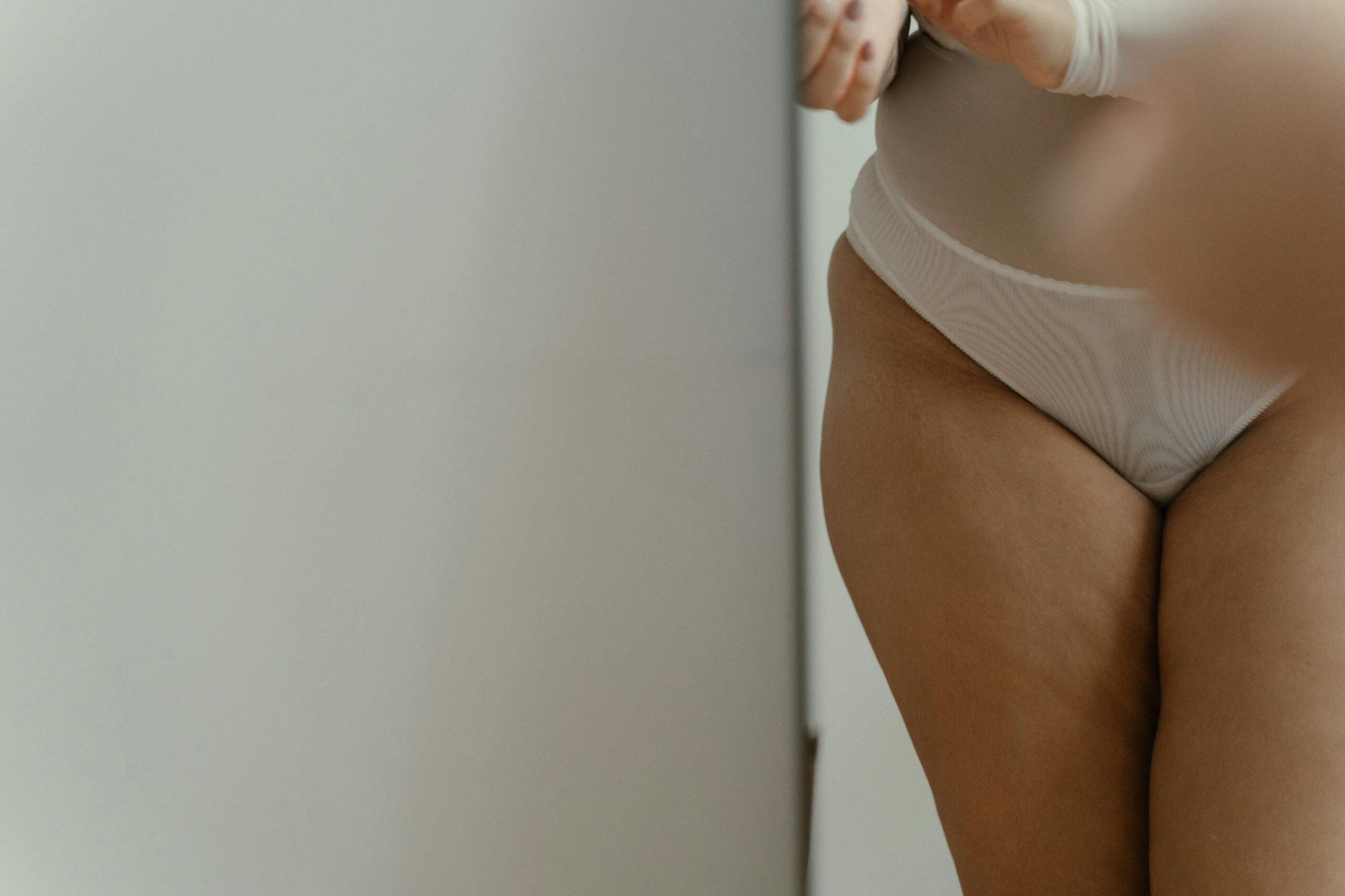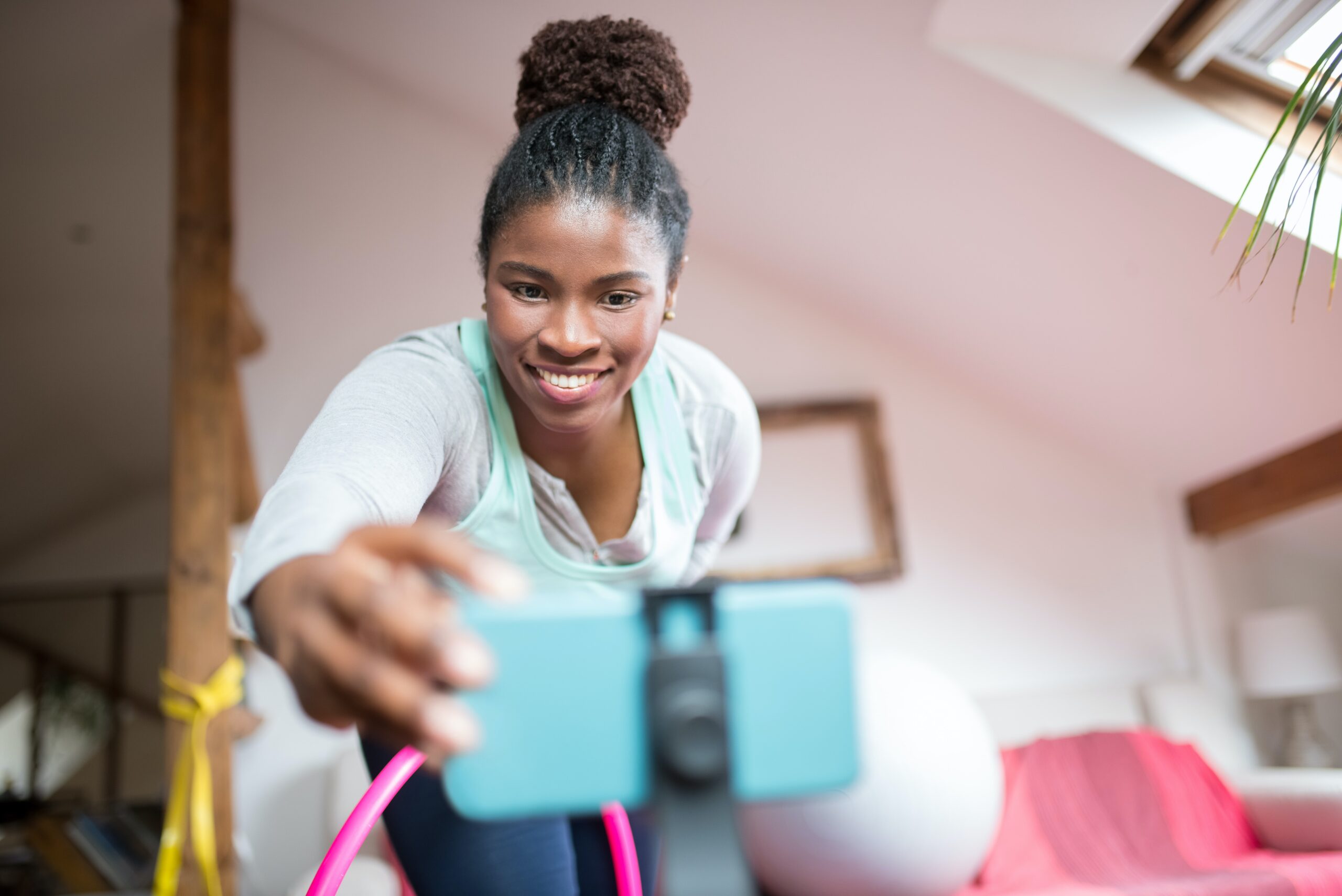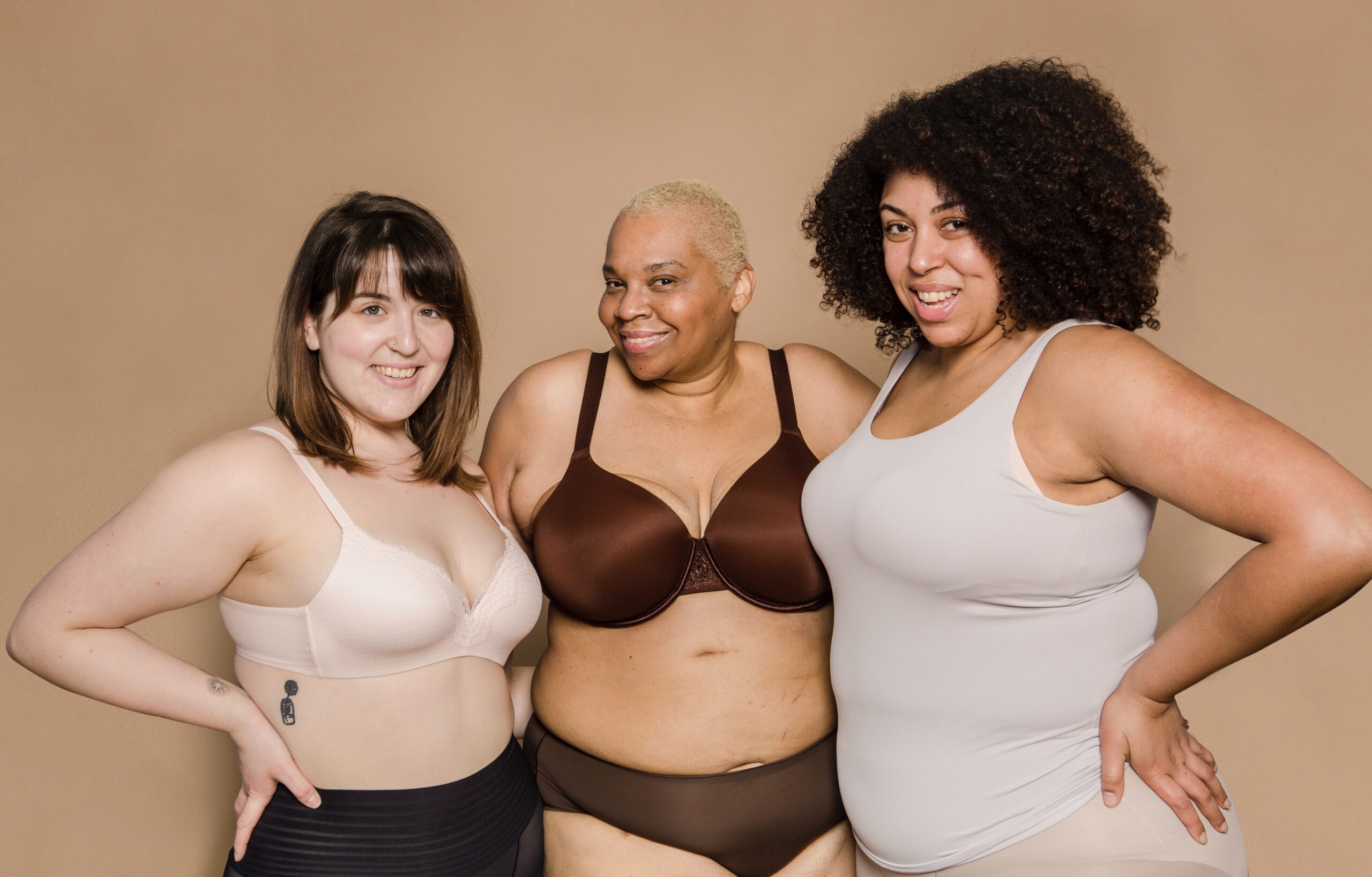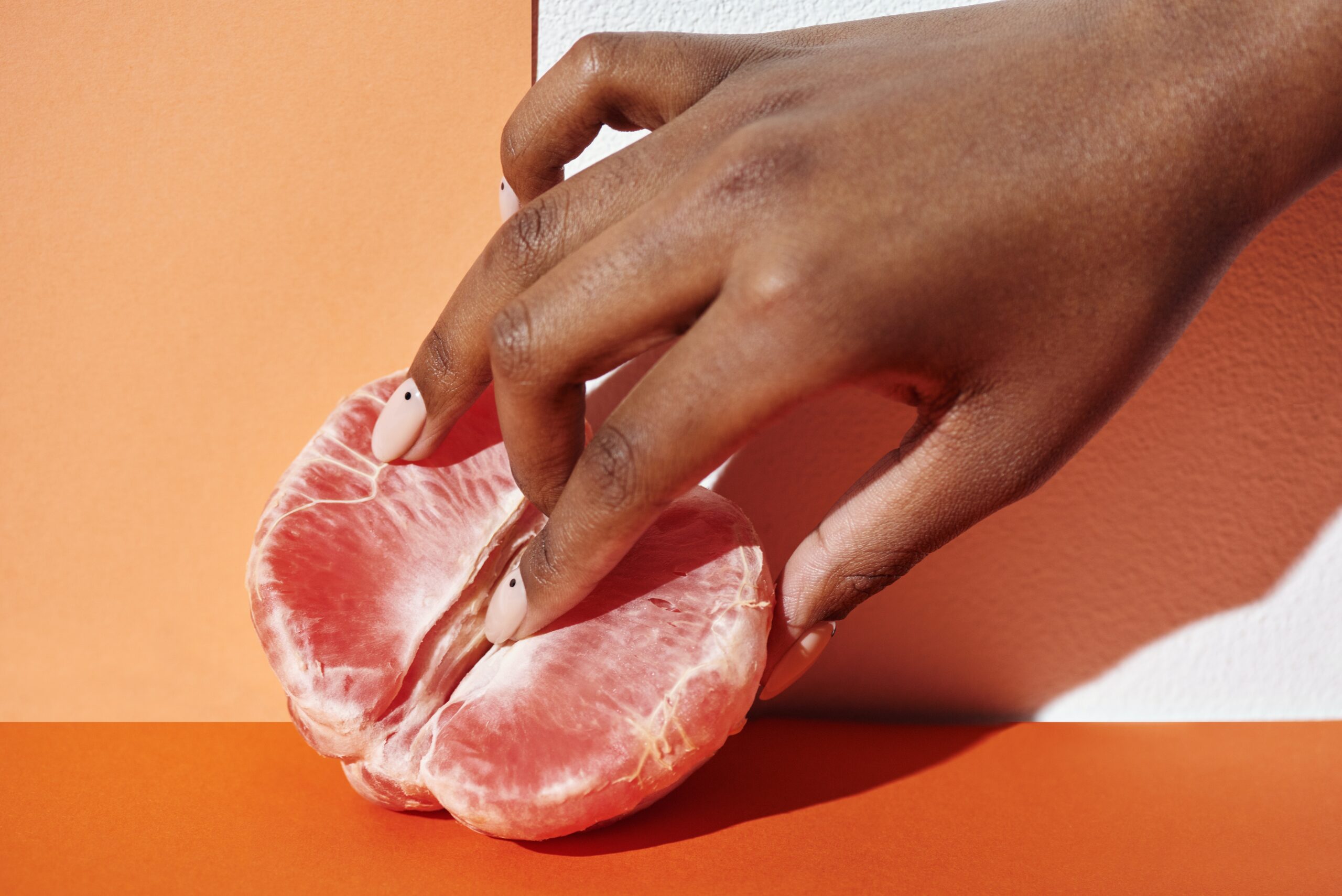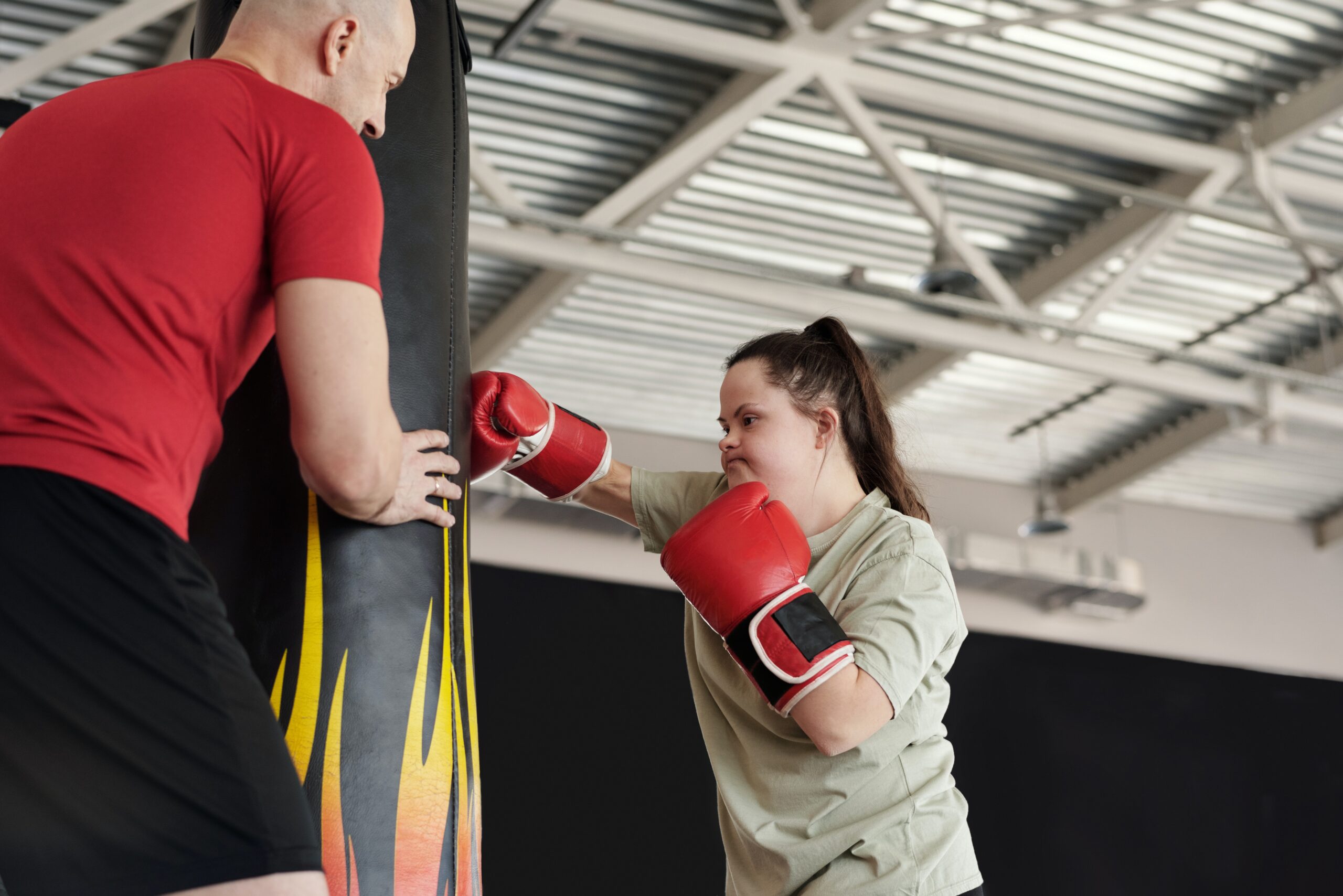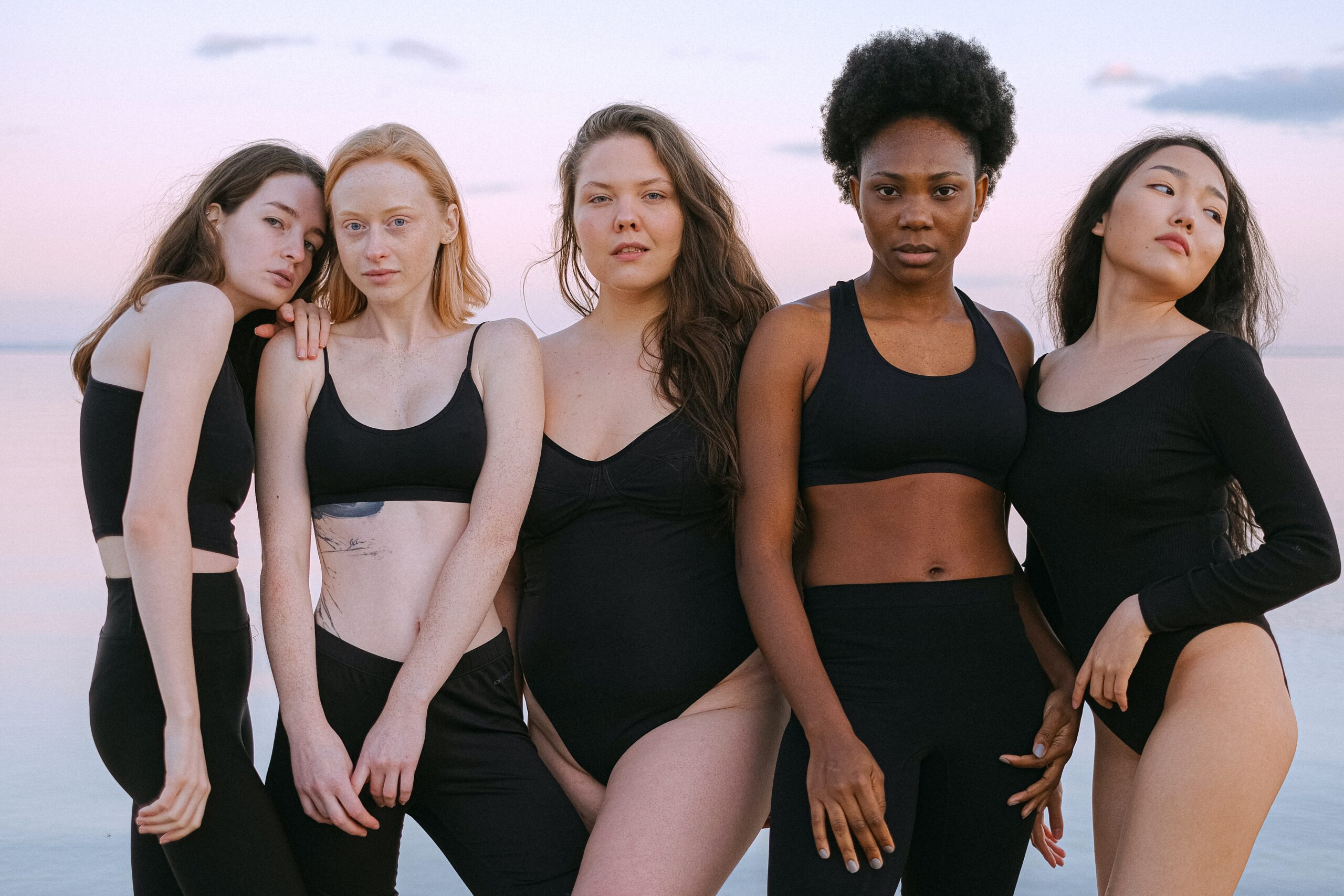
Most of us have seen, if not heard of the ‘Pillow Face Botox Filter’ on Instagram. It’s caused public uproar and raised questions around unnatural looks that social media users often see on their feeds, full of unrealistic beauty standards and edited photos.
While the pillow face filter was created to exaggerate cosmetic surgery, what’s shocking is 90% of young women still feel the need to edit their images before posting online.
The 2019 annual report from the American Academy of Facial Plastic and Reconstructive Surgery (AAFPRS) found that plastic surgery trends continue to be influenced by social media. The AAFPRS surveyed more than 700 of its 2,200 board-certified facial plastic surgeon members and looked at both surgical and minimally invasive procedures — both of which experienced a significant increase compared to 2018.
The overall number of facial plastic surgery procedures in 2019 increased by 6 percent, and the increasing popularity of nonsurgical procedures was even more significant, up 13 percent from 2018. If these numbers continue to rise, we need to see some major cultural changes, as this is an issue that affects all aspects of body image.
In light of this, beauty brand Vice Reversa has launched a ‘reverse Instagram filter’ to challenge these beauty expectations on social media and encourage women to post unedited photos to embrace their natural skin.
It doesn’t help that social media users see numerous celebrities using certain filters, or uploading heavily edited images without sharing information on the kind of editing that goes into that image. However, there are also many celebrities who are encouraging and promoting the natural beauty movement, including Lady Gaga and most notably Alicia Keys, who has spoken out about her skin texture and accepting her natural look.
“Inspired by celebrities who share pictures of themselves dressed up and au natural, we’ve created the ‘reverse Instagram filter’ to encourage women to feel comfortable in their own skin and enjoy taking selfies without feeling the pressure to edit and enhance their photos using cosmetic social media filters,” said Jen Neilson, skincare expert from Vice Reversa about the campaign in a press statement.
If there’s any industry that can see the impact of harmful social media norms first hand, it is the plastic and cosmetic surgery world. Vice Reversa spoke with Plastic surgeon, Dr Paul Banwell who explained why he’s referred about 30% of his patients to a psychologist before they make long-term changes to their appearance.
“It’s about enabling them to make informed decisions based on things that are bothering them in the real world and things that only bother them when they’re comparing themselves to filtered images online,” he said.
“Social media and the internet mean that people are constantly bombarded with images of other people with supposedly perfect bodies, often which have been airbrushed to achieve that look.”
Nutritionist Hannah Cartwright spoke about how social media exacerbates body dysmorphia, and how we can take intentional steps to utilize digital platforms in a positive way.
“I really recommend cleansing your following list on social media. It’s important to go through your feed and remove any triggers. Sometimes we forget that we don’t HAVE to be viewing the content that is actually knocking us back or triggering us,” she said in a press statement.
Hannah also pointed out the importance of being aware of the so-called “healthy” or body-positive accounts, that may not be the healthiest after all.
“Find and follow accounts that promote different body shapes, sizes and body confidence. If you’re engaging with nutrition accounts make sure that the nutritionist is accredited and registered with the association for nutrition (AfN). Whilst you might think your favorite fitness account is promoting ‘healthy’ habits, some of these may be disordered and following them may result in an unhealthy relationship with food and your body,” she said.
There are clearly a number of actionable steps each of us can take to protect our mental health and be mindful of the social media accounts we follow. Faye Dickinson, creator of the “Instagram vs Reality” social filter explained how many people have reached out to her, saying how the filter has made the positive change of ‘self-acceptance’ in their lives. It underscores how harmful filters which alter your appearance can be.
“The problem with these filters is you see a side of yourself with dramatic filters that don’t exist, which corresponds to an unnatural and inhuman ideal of beauty that you can now achieve with filters. It’s the unhealthy obsession we all have with that perfect look,” she said.
Dr. Banwell added to this, outlining how trying to emulate your fave celeb is unrealistic for a number of reasons.
“It’s a natural part of human nature for people to compare themselves to others, however, whereas once upon a time their point of comparison was a fairer one, now people are comparing themselves to celebrities and influencers who have paid thousands of pounds on cosmetic surgery and treatments, or are simply using apps and filters to alter their appearance. As a result, people are developing unrealistic expectations of what beauty and perfection are.” he said.
Ultimately, it comes down to self-love and self-acceptance above all. These results are certainly enough for us to be more conscious about how we use social media, the messages we share, and those we should ignore. If you want to be part of the push to promote healthy, natural beauty, check out the Vice Reversa bare-faced beauty Instagram ‘filter’:
- Open Instagram and search for Vice Reversa’s page
- Above the grid, click on the three stars to view their filters
- Tap the ‘reverse instagram filter’ to preview
- Tap ‘Try it’ and take a photo of your natural skin
- Post the photo using the hashtag, #barefacedbeauty
Learn more about Vice Reversa and their new ‘reverse Instagram filter’ by clicking HERE.












